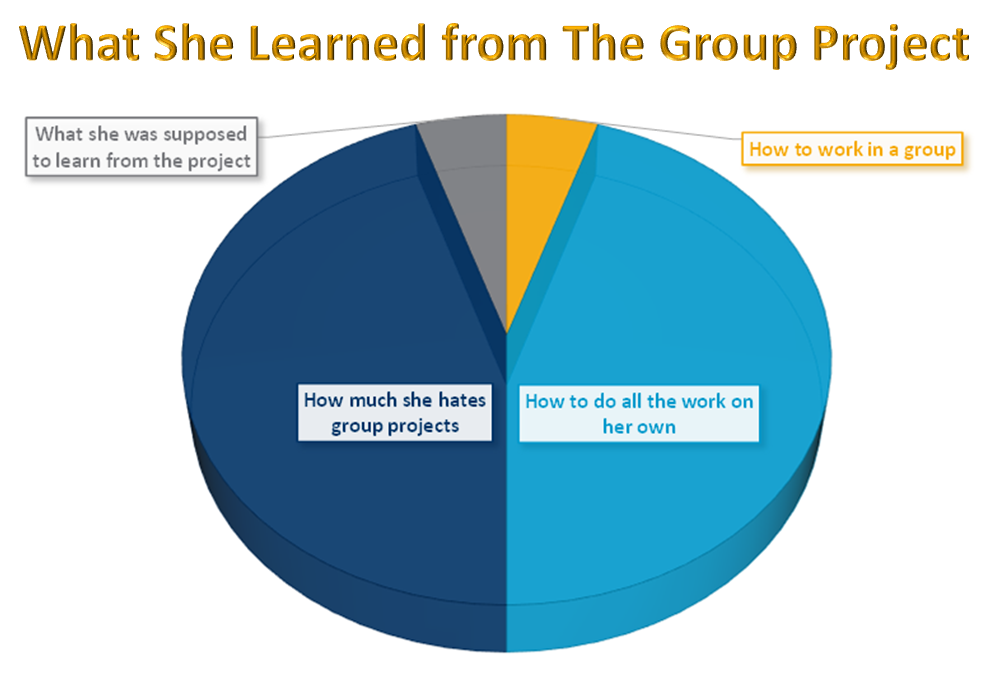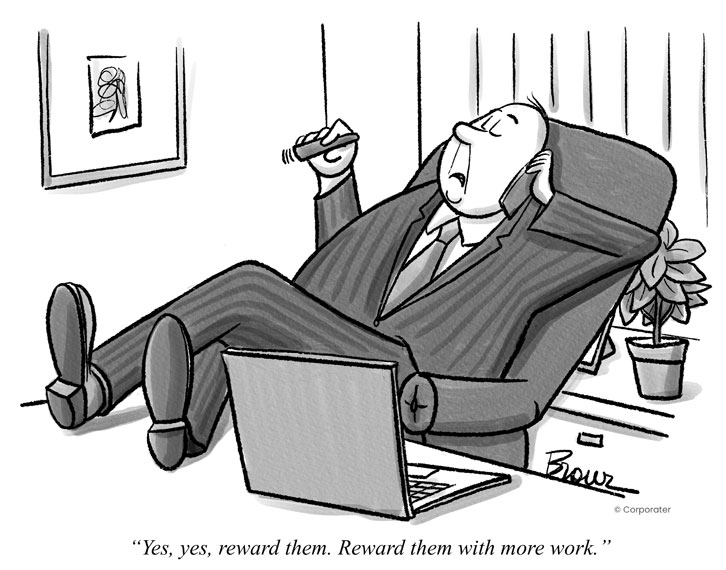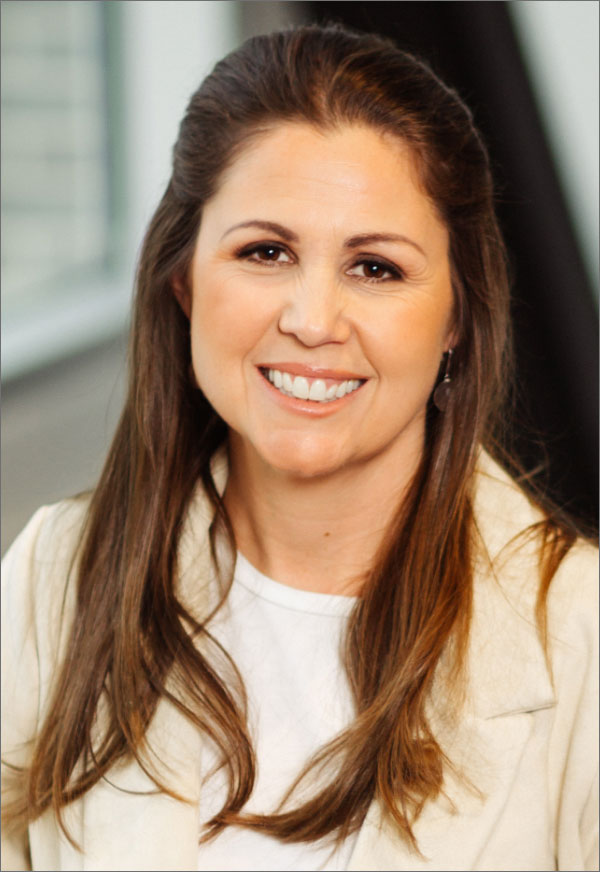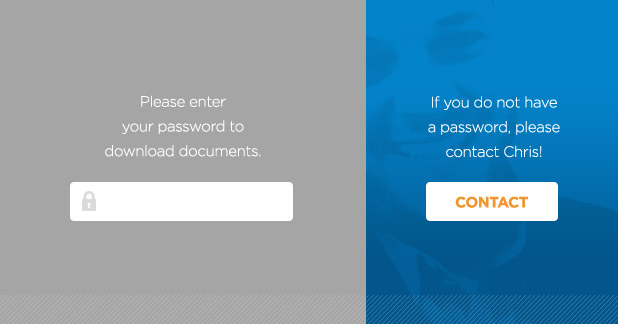My oldest daughter was recently assigned a group project in 7th grade social studies class. Even the words, “group project”, still to this day give me full body hives thinking back to my own experiences of pulling all-nighters  to finish up projects for undergrad Experimental Psychology class while my “group mates” were long asleep. Naturally, like her mother, my daughter naively volunteered to lead the group on the Ancient Rome project. As I predicted, she received a lower grade than another teen in the group who “did WAY less work”. My dear child cried many tears, had some choice words about her group, and learned valuable lessons about project completion, collaboration, leadership and… being her own self advocate.
to finish up projects for undergrad Experimental Psychology class while my “group mates” were long asleep. Naturally, like her mother, my daughter naively volunteered to lead the group on the Ancient Rome project. As I predicted, she received a lower grade than another teen in the group who “did WAY less work”. My dear child cried many tears, had some choice words about her group, and learned valuable lessons about project completion, collaboration, leadership and… being her own self advocate.
The Challenge:
My daughter is primarily a DISC S-profile. She places a huge emphasis on cooperating with others within existing circumstances to carry out a task. She did show a bit of D-profile by volunteering to take the lead but I think she did that because she didn’t want to add more work to anyone else!
My daughter had her first experience with what psychologists call the Control-Trust Dilemma. She wanted to control the outcome of the project so she took the lead and ended up doing most of the work because she “couldn’t trust her group would get it done well enough.” Then, she got upset with them and herself because, “Mom, I did all the work and Jimmy did nothing and he got a better grade than me!”*
Psychological Principle:
Slicing projects is not as easy as slicing pies. Somebody’s going to end up with more work than everybody else, and often, everyone on the project ends up with the same recognition. Sometimes, even the slackers end up  with the pat on the back! Even worse, sometimes the best performer gets recognized by the boss and then gets rewarded with more future work – and oftentimes without any additional pay. We see this in workplaces all the time – the best employees end up picking up the slack of the not so productive employees.
with the pat on the back! Even worse, sometimes the best performer gets recognized by the boss and then gets rewarded with more future work – and oftentimes without any additional pay. We see this in workplaces all the time – the best employees end up picking up the slack of the not so productive employees.
In I/O psychology, we call this phenomenon Performance Punishment. This punishment can include being given additional tasks or responsibilities, being expected to work longer hours, or being subjected to additional scrutiny or criticism. One reason that high performers may be subject to performance punishment is because they are held to higher standards than their peers. This can lead to feelings of unfair treatment and resentment, as they may feel that they are being held to an unattainable level of excellence.
40% of the population are DISC S-profiles meaning that one of their biggest qualities is being supportive so it is no surprise that individuals with this profile are much less likely to speak up when more work is added to their plate. Leaders of S-profiles, be aware of this because you don’t want to lose great talent. Encourage S-type personalities to speak up. The S-profile might not promote themselves or call attention to their own success or abilities. Be sure that you are not mistaking their agreeable, low-key behaviors for a lack of passion, experience, or knowledge.
At work, more than 80% of American workers say that they have been “Quietly Promoted” at some point in their life with no pay raise to go with the added tasks, responsibilities, and stress.** Some studies even show that women may be disproportionately quietly promoted. I am guessing that most of these women have a fair amount of S-profile in them.
There is no perfect profile. The trick is being mindful of your own and the people around you and adapting and learning to be most productive day by day. Now, I want to add DISC as a 7th grade course requirement.
So, what can we do? Below are some small shift ideas:
Mindset Shift:
- Locus of Control – Your mindset has to be in the right place. You have the power to be in control of your job and your career steps. You get to decide your future. Be proactive instead of reactive. Do your homework. Have that open dialogue with your boss. You are in control of way more than you think you are. Be courageous to go for what you think you deserve. S-profiles could improve effectiveness through displaying more self-confidence and revealing their true feelings. They are considered to be “peacekeepers” and will stay quiet often even when they should be speaking up. If you have an S-profile on your team, encourage them to talk!
- Proof vs Potential – As a leader, think about the future. Be two steps ahead. Set up mentorship programs early for your team members who may need extra help in the area of advocating for themself. This proactive leadership will be worth the investment down the road.
- Think about DISC Often – Periodically, check in with yourself and think about your DISC profile, the profiles of your manager and your coworkers, and be mindful of additional job responsibilities that may have been “quietly” added over time.
Performance Shift:
- Make Roles and Responsibilities Clear to All – Provide employees with clear job descriptions and review at regular intervals. Provide new employees with a thorough induction. Ensure the roles and responsibilities of team members are clearly defined and understood. Show employees a clear path to promotion and pay raise. Be transparent.
 Set Realistic Job Demands – This is for yourself and for your team members. Have roles changed recently? Are you taking on more responsibilities than you originally signed up for? Have you given some team members more than you should? Review work demands regularly.
Set Realistic Job Demands – This is for yourself and for your team members. Have roles changed recently? Are you taking on more responsibilities than you originally signed up for? Have you given some team members more than you should? Review work demands regularly. - Stop Being Silent – When the work piles on too much and you know that you are taking on way more than you are being compensated for, speak up. No one else is going to bat for you. You have to be your biggest cheerleader.
May is Mental Health Awareness Month and I see no better way to celebrate than making some small shifts to your own mental health at work. Finding ways to be more in control of your work tasks and your future career progression is a great way to promote your own mental health at work. Using DISC is an effective tool to be in control of your interactions with others.
My daughter learned a tough but valuable lesson with her group project: At the end of the day, she is in control of her own future and she has to be her own advocate for what she wants and deserves. She 100% will not always get what is right but she has to fight for it and find a way to survive and maybe even enjoy the process. She had the courage to go to her teacher and ask for a better grade. She was denied and went home feeling dejected with her B-. Yet, she learned that group projects, however terrible, are a part of life. She vowed to not lead the next one unless she gets extra points. No “quiet promotion” for my S-profile child.
If you want to learn more about work performance, DISC, and leadership, reach out to our team!

* Yes, read in high pitch partially crying 13 year old voice.
** https://www.jobsage.com/blog/quiet-promotions-survey/













